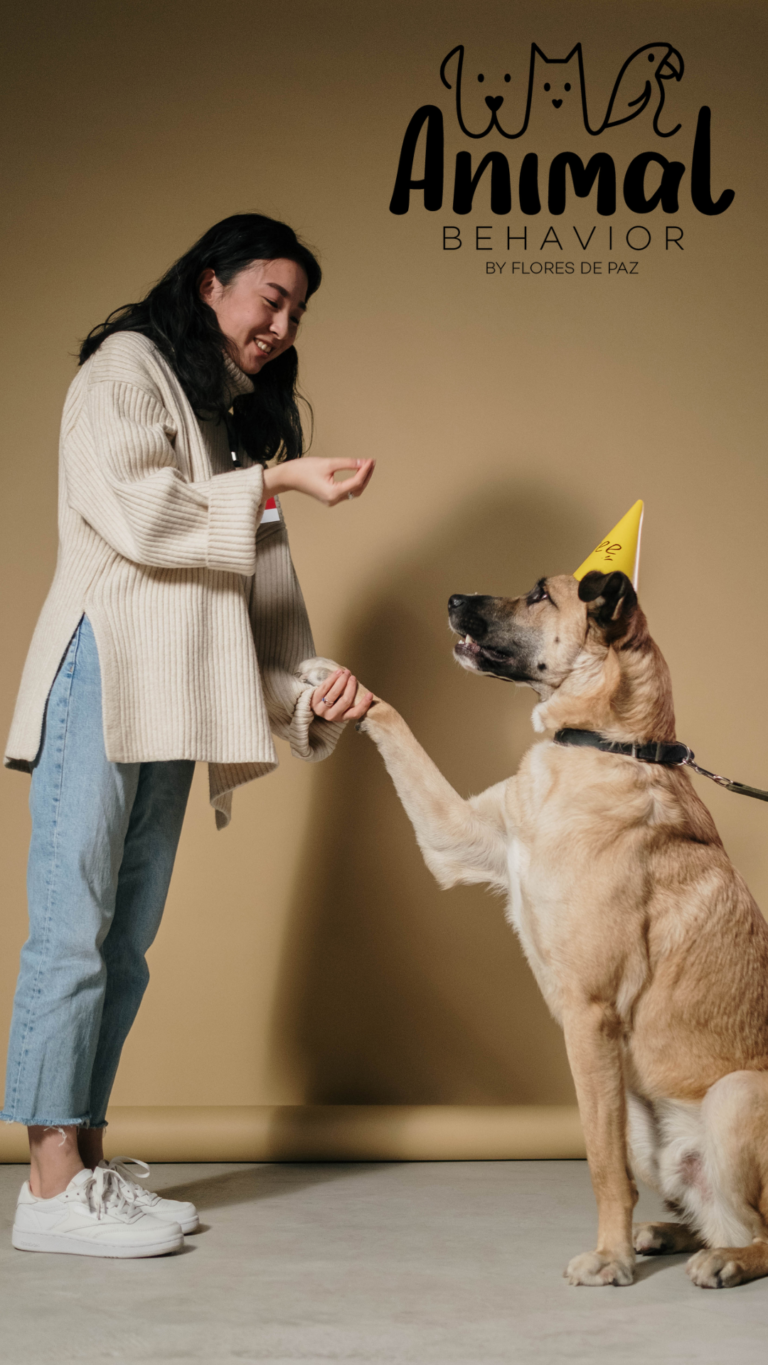Dogs are amazing animals and beloved pets that have unique personalities and behaviors. However, it’s important to understand that their behavior can be influenced by several factors, including age, gender, and breed. These factors can impact how your dog interacts with other animals, people, and their environment. In this post, we will explore how age, gender, and breed can influence your dog’s behavior.
Age and Behavior
Age is one of the most important factors that can impact a dog’s behavior. Puppies and senior dogs have different needs and behaviors compared to adult dogs. Puppies are full of energy and curiosity and tend to be more playful and excitable. They require more attention and training, as they are still learning about the world around them.

On the other hand, senior dogs tend to be more laid-back and prefer quiet environments. They may experience physical limitations, such as arthritis or vision problems, which can affect their behavior. They may also have less energy and require less exercise than younger dogs.
Gender and Behavior
Gender is another factor that can impact a dog’s behavior. Male and female dogs have different behavioral characteristics, and it’s important to understand these differences to ensure your dog’s happiness and safety.
Male dogs tend to be more dominant and territorial than female dogs. They may also be more aggressive and have a higher tendency to mark their territory. However, this behavior can be controlled with proper training and socialization.
Female dogs tend to be more nurturing and maternal, which can make them great companions for families with children. They may also be less aggressive and territorial than male dogs.
Breed and Behavior
Breed is another important factor that can impact a dog’s behavior. Different breeds have different instincts and tendencies, and it’s essential to understand these differences to ensure your dog’s happiness and safety.
For example, some breeds, such as the German Shepherd, are naturally protective and make great guard dogs. Other breeds, such as the Labrador Retriever, are more docile and make great family pets. Some breeds, such as the Jack Russell Terrier, have a high energy level and require a lot of exercise and attention.
It’s important to note that breed alone does not determine a dog’s behavior. Each dog is unique and may exhibit different behaviors even within the same breed. Additionally, a dog’s behavior can be influenced by its environment, socialization, and training. This is very important!
Understanding how age, gender, and breed can impact your dog’s behavior is essential for ensuring their happiness and safety. Puppies and senior dogs have different needs and behaviors compared to adult dogs. Male and female dogs have different behavioral characteristics, and different breeds have different instincts and tendencies. By considering these factors and providing proper training, socialization, and care, you can help your dog lead a happy and fulfilling life.
Do you have any doubts regarding your dog’s behavior? Consult an evaluation with our ethologist and get to connect and understand your doggie better than anyone! So you can create a better relationship!.
We speak english! so no worries!
animalbehavior.com@gmail.com



